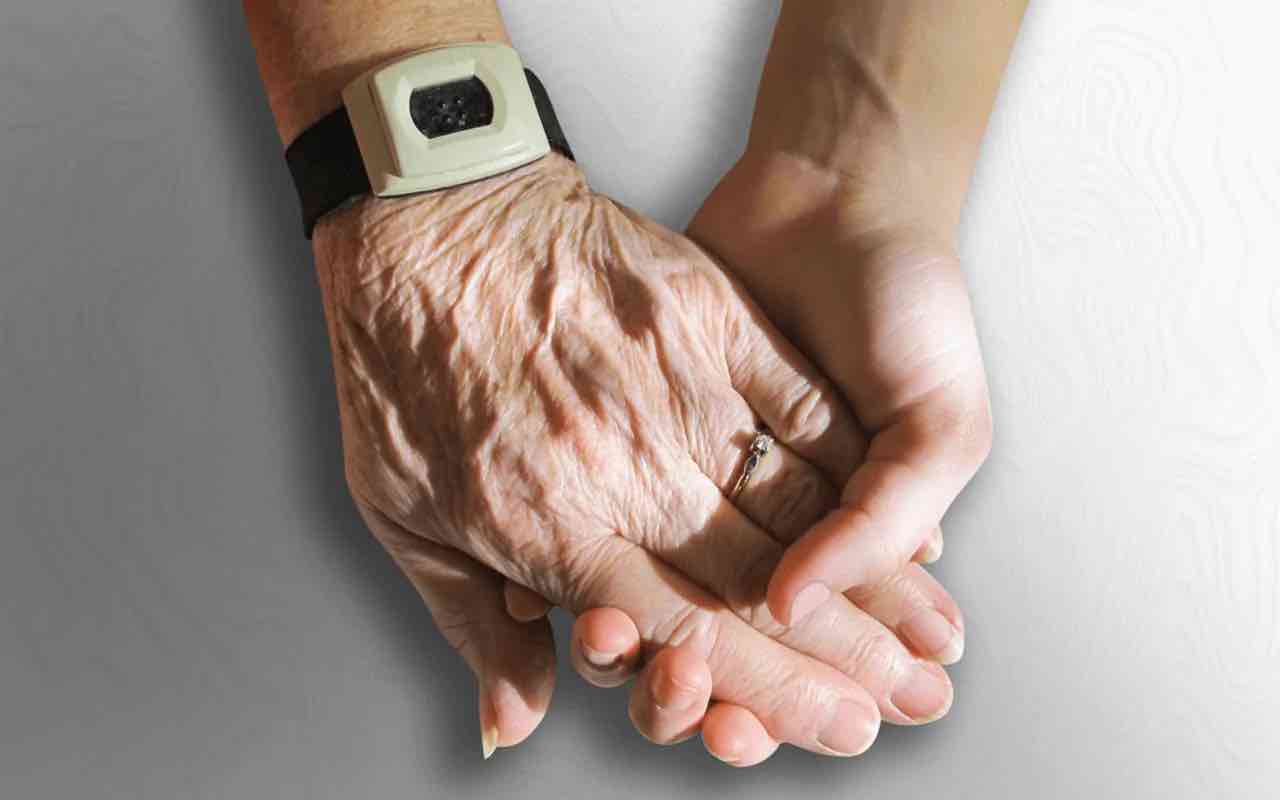Senile dementia is a disease that develops quietly and then manifests itself with small but eloquent messages. Dementia is a general term used to describe a set of brain diseases that cause a progressive decline in memory, thinking and behavior. It is not a natural part of aging, but a disease.
As the population ages, people with dementia increase. Dementia affects millions of people worldwide, about one in 10 people over the age of 65. According to CDC estimates, the number of people with Alzheimer’s disease and other dementias will rise to nearly 15 million by 2030.
Stages of dementia
There are different stages of senile dementia: the type and progression of dementia are different for each person. Some people can stay in one stage for a long time, others can go through stages quickly. It is important to know the stages of dementia because the person’s symptoms will change at different stages.
In early-stage dementia, people first notice a change in their memory. They may begin to forget the details of daily events such as what they ate for breakfast. They may also have difficulty remembering words, such as a friend’s name.
Some people in the early stages of dementia may also notice that they find it difficult to make ends meet, manage finances, or perform other activities that are a part of daily life. In the intermediate stage Mild Cognitive Impairment people often have problems with memory, attention, and problem solving.
People in the intermediate stage of dementia may forget things that happened recently, like what they ate for dinner last night. They may have trouble keeping track of time, where they have gone, and who they have met. They may have difficulty following a conversation or connecting new information with what they already know.
People who are in the advanced stage of dementia have serious problems with memory, attention, and problem solving. They may forget things that happened years ago, such as childhood or the names of loved ones. They may have trouble speaking, reading and writing, such as putting sentences together and reading words. People with advanced dementia usually experience changes in mood or behavior.
Coping with dementia
The first and most important thing to do when dealing with dementia is to understand what it is and what the conditions mean for the person suffering from it. Let’s be honest: If a loved one is diagnosed with a condition like dementia, it can be scary and difficult to talk about. It can help him understand what he is going through and make the most of the time he has left.
Keeping communication open is key, even when dealing with dementia. It is important to find ways to keep the lines of communication open with your loved one. Sometimes, even if they want to talk, they may not be able to find the words.
